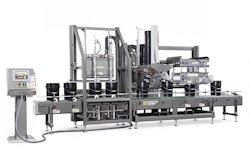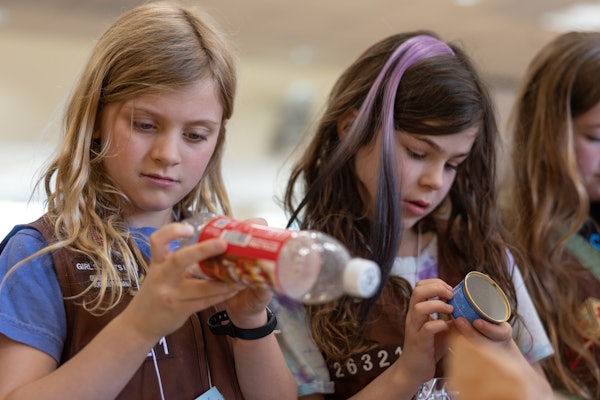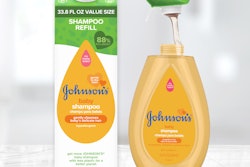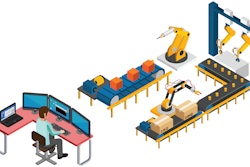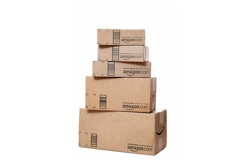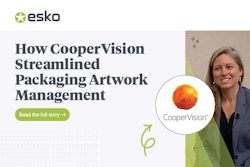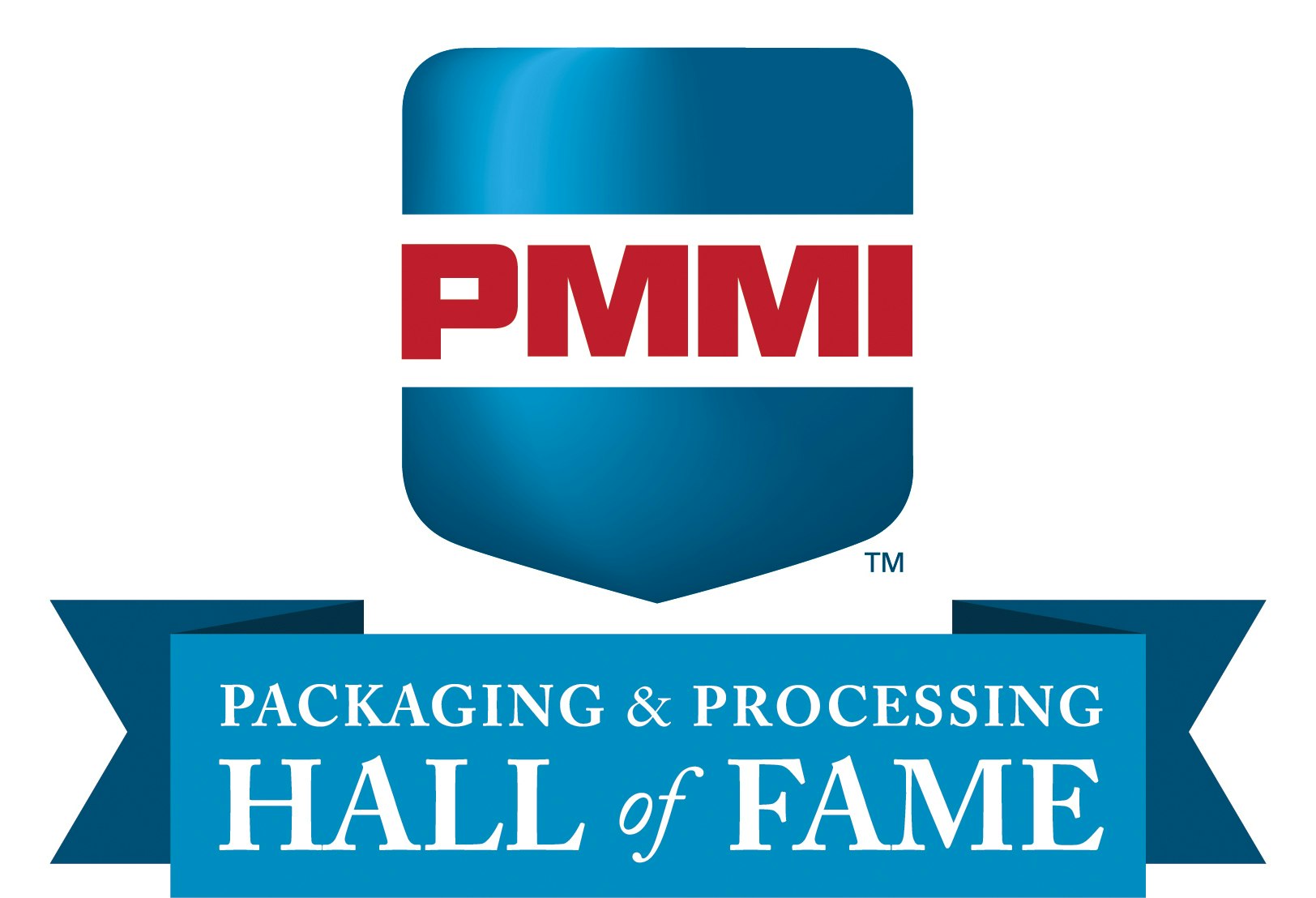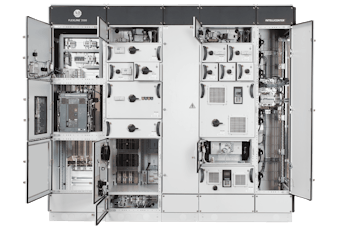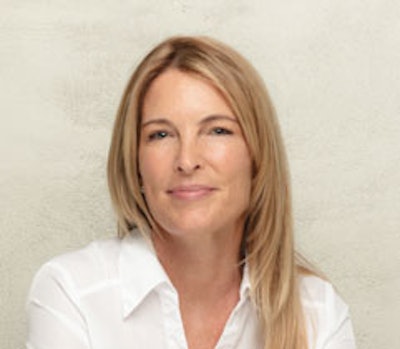
Packaging—particularly single use plastic packaging—took a lot of the blame for the current waste issues around the world at last year’s Sustainability EU, hosted by Smithers Pira. But CPGs across the globe are struggling to meet post-recycled content goals due to the lack of clean and affordable recycled commodities.
A deeper look revealed that recycling levels have been trending down as a result of public confusion and apathy at the recycling bins about what is recyclable, compostable, etc. In order to address these issues, the industry and public have to get back to basics and improve how we recycle in the U.S.
Here we talk with Sonika Malhotra, the Global Brand Director of Love Beauty and Planet, a vegan cosmetics company and subsidiary of a prominent brand owner, and Mitch Hedlund, Executive Director of the non-profit Recycle Across America, on how to address the problem.
Packaging World:
People point to countries like Sweden and say, “How come they can recycle so effectively and not the U.S?” How do you respond?
Hedlund: A few of the European countries that are the most successful with recycling have very standardized recycling programs, using color-coded bins for each of the types of materials collected. And often the rules for recycling are universal throughout their country. This allows people in those countries to recycle properly, which makes the cost of processing the materials and the cost of reusing the materials financially viable.
Unfortunately, the approach to recycling in the U.S. was entirely different. For instance, when recycling started to be offered publicly, it was necessary for every single school, business, airport, sports stadium, and municipality to design their own labels for their recycling bins. As a result, there are literally hundreds of thousands of different looking labels on recycling bins throughout the U.S. This alone, makes it virtually impossible for the public to be able to recycle properly, and it makes it difficult for people to take recycling seriously.
What has happened to our collection and recycling infrastructure in the past decade?
Hedlund: When recycling became more accessible throughout the U.S. in the past 30 years, the lack of standards bred confusion, apathy, and skepticism. The issues were compounded when the recycling industry started promoting “Single Stream Recycling.” Households were told that they could throw all recyclables in one bin together to make recycling easier. As a result, more garbage was thrown in recycling bins, and the cost of processing the recyclables became more expensive. The costly contamination issue has now led to China placing a ban on the purchase of U.S. recycling, making it even more difficult for CPG brands to have access to recycled commodities.
Recycle Across America is dedicated to cleaning up confusion at the recycling bin. How are you accomplishing this?
Hedlund: We have taken an incredibly common-sense approach to fixing recycling and closed-loop manufacturing by introducing a nonprofit, society-wide standardized labeling solution for recycling bins.
I created the standardized labeling system for recycling bins to address the contamination issue at its source—the bin. To date, there are more than nine million society-wide standardized labels in use throughout the U.S., and the labels prove over and over that they solve the issues. The public is willing to recycle more and recycle right if the labeling on bins is effective and standardized.
Why has Love Beauty Planet chosen to support RAA’s mission to standardize recycling labels, and how are you working together?
Malhotra: As a brand, we think every step along this way is important. A few years ago, standardized instructions or education about recycling your packaging wasn’t really a thing, but today we recognize that every step matters. Through our #smallactsoflove communication campaign on social media, we act as megaphones for the cause of responsible use of plastic. Reusing old bottles, recycling right and always recycling, and upcycling stuff into things that they can use, are elements of our content.
We are not promising to change the world, it’s one small act at a time and we have a long way to go. For example, we are supporting the work of Alexa Green who works for Recycle Across America to push forward her efforts in standardizing labels across the country. She can be an inspiration for so many young people in the space.
When we launched Love Beauty and Planet, we knew that we wanted to leave a footprint so small it’s like we weren’t even here. But we knew a perfect start is not really possible, so we started our journey with actions that impact positively and we endeavor to be better and better every year. Using recycled materials in our packs was one of the commitments.
Thanks to Love Beauty and Planet’s commitment to this cause of preventing waste from ending up in landfills and oceans, we were able to get 100% post-consumer resin (PCR) for our bottles and that’s a fantastic start. There continue to be challenges when the plastic material changes. For example in HDPE, the plastic is a specific color and so it is an aesthetic compromise. The technical challenges on getting a perfectly strong bottle with 100% PCR is really hard, so we are learning along the way.
However, setting goals for ourselves and targets that are moving the needle to a more responsible brand year-on-year is how we will keep ourselves honest and accountable. As large organizations get together and demand plastics from old materials instead of creating new virgin plastics when not needed, we will create a demand for this. This will push the prices of PCR plastic to come down as well, thereby making recycled materials economically and environmentally better for the planet. It makes holistic sense and business sense. It’s important to be honest about your intentions and share your journey with consumers and agencies as well.
Webinar addresses recycling crisis
On December 4, 2018 Packaging World is hosting a webinar with the two women interviewed here, Sonika Malhotra of Love Beauty Planet and Mitch Hedlund of Recycle Across America. The aim is to discuss the recycling crisis and the impact on CPGs, as well as solutions and strategies that are surfacing to fix the issues. For more information, visit www.packworld.com/webinars.



